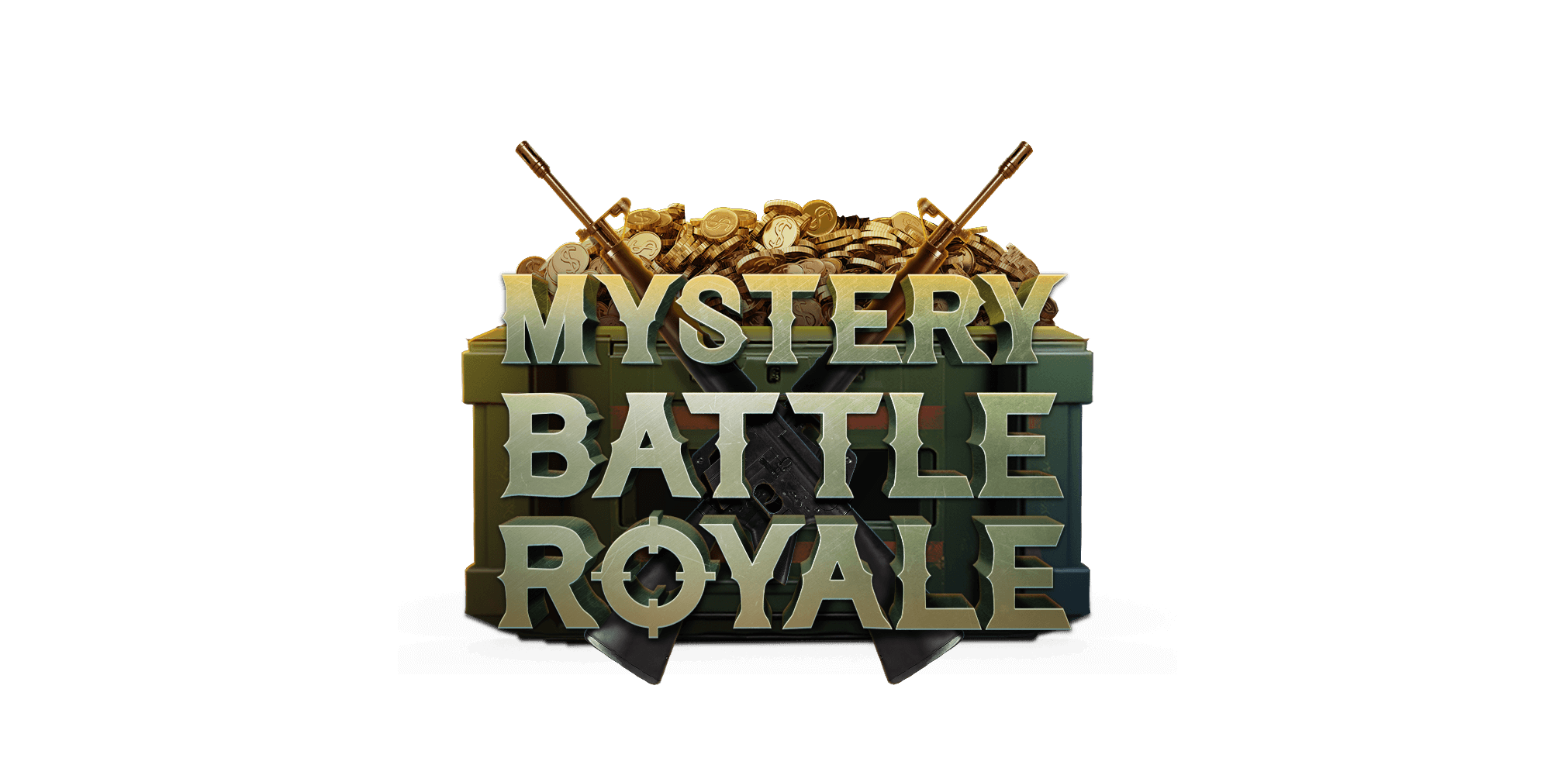
In this article, we’ll take a look at the key differences between online poker and playing in a live environment. The rules of the games may be the same, but online poker is a completely different beast from its live counterpart. Read on to discover why.
If you’re a live poker player, perhaps it’s time to give online poker a try and elevate your all-round game.
Key Differences Between Live And Online Poker
Online and live poker both have very different features. So if you exclusively play one form over the other, you could very well be missing out. Let’s jump right in and look at the key variations in both forms of the game.
Psychology
The most obvious feature of a live poker game, which doesn’t exist to the same extent online, is psychology. When you are not able to look your opponent in the eye, you cannot pick up any physical tells.
There are, of course, timing tells in online poker, but these are few and far between compared to the physical cues you are able to pick up playing live poker. You can easily see who is nervous, who is drunk, who is aggressive, and who may be bored.
There’s also another element of live poker psychology, which is far less common in online poker games, too. Boredom. The ability to multi-table online means you are far less likely to play junk hands just for something to do. Driving miles to a physical casino only to sit and fold everything aside from Aces and Kings is simply not going to happen.
This leads us nicely to our next point…
Quality Of The Game
The quality of play online tends to be higher than in a live game. Of course, there is still plenty of fish, but when people are multi-tabling, they are less likely to be playing trash hands. Even so, the average live poker game is a far more sociable affair.
People want to talk with their friends, so they become distracted. Many live players enjoy a drink, so their decision-making ability is impaired. Since players tend to be more sociable in the live environment, there is often a less focused vibe. You will see many more multi-way pots where people are splashing around for the fun of it.
Live poker cliques are also far less likely to challenge each other. Online poker enthusiasts will sit around reading forums and exchanging high-level strategy discussions, whereas groups of live poker players are more often simply socializing.
Oftentimes, playing online is all business, whereas live games focus much more on the fun aspect of the game.
Tools
 Online poker players sitting at their computers can take advantage of an array of tools that are not available to live players. It’s very easy to sit with charts open on a second screen, or some kind of HUD display. Not to mention hand tracking and analysis tools.
Online poker players sitting at their computers can take advantage of an array of tools that are not available to live players. It’s very easy to sit with charts open on a second screen, or some kind of HUD display. Not to mention hand tracking and analysis tools.
This also partially explains why the quality of online poker is higher on average. But the truth is, if you want to raise your poker game to the next level, you need to study. People who play live poker exclusively are missing out on becoming better players. Playing online offers lots of opportunities to hone your skills, so it's a worthwhile endeavor.
Variety
The speed of online poker allows you to pack in many more hands than in live poker games. Not only does the internet allow you to play several tables at once, but each game moves along at a quicker pace.
At a physical table, you might only see 30 to 40 hands per hour. With a human being shuffling the deck between hands and players taking longer to act, it can be a slow experience. But is that a problem? Well, it certainly can be.
The pace of a session is slower in live poker than in online poker.
First of all, fewer hands played means less experience gained, which brings us yet again to the point about quality. But further, variance is far more likely to come into play with live poker. If you are cramming in 10 or 12 times as many hands per hour online, you can emerge from a prolonged downswing in a matter of days. But in live games, it could literally drag on for weeks, which can grind you down mentally.
Promotions
Another point to note on the differences between live and online poker is that the latter tends to run promotions, which online poker players can take advantage of. For example, Natural8 frequently runs freerolls, such as the Hourly Freerolls. Online poker players can utilise these freerolls to practise with a large pool of players who are seated at random.
Meanwhile, live poker players may find it hard to practise for free. There aren’t that many free live poker events to begin with, so live poker players would have to find a group of players that they can train with for free. Even then, as everyone has their own schedule to adhere to, they may be unable to practise as frequently as online poker players, who can easily find opponents to play poker online every day. Practising with the same group also means that live poker players are exposed to limited types of poker players instead of the wide variety of players that they may face should they choose to play online.
Convenience
While live poker can be an exciting and social experience, there are a number of ways in which playing poker online can be more convenient for players. One of the biggest advantages of online poker is the ability to play from the comfort of your own home without the need to travel to a casino or poker room. This can save players a significant amount of time and money on commuting, parking, and other expenses associated with live poker.
In addition, online poker offers a much wider range of games and stakes than live poker, giving players more options and flexibility in terms of when and how they want to play. Online poker sites are open 24/7, meaning that players can log on and start playing at any time without having to wait for a specific tournament or game to begin.
Privacy
 Online poker offers a greater level of anonymity and privacy than live poker, which can be appealing to players who prefer to keep their hobby or profession separate from their personal life.
Online poker offers a greater level of anonymity and privacy than live poker, which can be appealing to players who prefer to keep their hobby or profession separate from their personal life.
Unlike in live poker, where players are often required to use their real names and interact with other players face-to-face, online poker allows players to remain anonymous and interact solely through their online personas. This can be particularly appealing for players who value their privacy.
However, there are also potential drawbacks to this increased anonymity. For one, it can make it more difficult to detect and prevent cheating or collusion, as those playing online poker can easily create multiple accounts and manipulate the system. It can also lead to a lack of accountability and responsibility among players, as they may feel more emboldened to behave inappropriately or engage in unethical practices.
In addition, the increased anonymity of online poker can make it more challenging to build relationships and social connections with other players, which is one of the key draws of live poker. While online chat functions and social media platforms can help to mitigate this to some extent, it can still be a disadvantage for players who value the social aspect of the game.
Quality Experience
One of the key advantages of online poker is the quality of the platforms and games available. Today's online poker rooms offer an immersive and realistic experience that rivals that of live poker, with high-quality graphics and sound effects that make players feel like they're sitting at a real-life table.
In addition, online poker rooms offer a wide variety of games and stakes to suit players of all levels and preferences. Whether you're a beginner looking to learn the basics or a seasoned pro looking for a high-stakes challenge, there are plenty of options available online. Many online poker rooms also offer special promotions and bonuses for new players, giving them the opportunity to try out different games and build their skills without risking too much of their own money.
Still, if you care primarily about getting as real of an experience as possible, then online games are not able to beat live poker just yet. If you're in it for the people and you want to feel like in a really cool movie or casino, live games, and poker tournaments will give you just that.
Switching Between Online And Live Poker
 As a general rule, it’s easier for an experienced online poker player to move into a live game than the other way around. They will still need to make major adjustments. However, since they tend to be more disciplined and experienced, they can adapt more easily.
As a general rule, it’s easier for an experienced online poker player to move into a live game than the other way around. They will still need to make major adjustments. However, since they tend to be more disciplined and experienced, they can adapt more easily.
While it can be trickier for a live poker player to change to online, the potential rewards are manifold. If you want to become a better player, you simply must log more online hands. Your discipline and focus will improve.
You will be put in many tricky spots far more frequently, thus improving your hand-reading and decision-making abilities. Furthermore, you can easily track individual hands, which allows analysis and study at a later date. This will help you to plug gaps in your game.
Online Poker vs Live FAQs
Q: Is live or online poker more profitable?
Determining whether live or online poker is more profitable ultimately depends on a number of factors, including a player's skill level, experience, and style of play. Generally speaking, online poker tends to be more profitable than live poker due to a number of things, the ability to play multiple tables at once, lower overhead costs, and a larger player pool included.
With online poker, players can play at multiple tables simultaneously, which allows them to increase their volume and win rate. Online poker sites also tend to have lower overhead costs than live casinos, which means that they can offer better rakeback and bonus programs for their players.
Additionally, online poker has a larger player pool than live poker, which means that there are more games and stakes available at any given time. This can be particularly beneficial for players looking to play higher stakes, as the larger player pool means that there are more opportunities to find games with weaker competition.
That being said, it's important to remember that success in poker ultimately depends on a player's skill level, experience, and ability to read their opponents. While the online game may offer some advantages in terms of profitability, there are also benefits to playing live poker, such as the ability to read opponents' body language and the social aspects of playing at a live table. Ultimately, the choice between live and online poker comes down to personal preference and individual goals as a player.
Q: Does online poker require more skill or luck?
While luck can certainly play a role in individual hands or sessions, it's generally agreed that skill is the more important factor when it comes to long-term success in online poker.
Unlike games of pure luck, such as roulette or slot machines, online poker requires a significant amount of skill and strategy to be successful. Players must have a thorough understanding of the game's rules and mechanics, as well as a strong grasp of basic and advanced poker strategies. This includes knowledge of position, hand selection, bet sizing, bluffing, and reading opponents.
In addition, online players must be able to adapt to a constantly changing playing environment, which can include adjusting to different opponents and table dynamics, as well as handling the ups and downs of the game's variance. This requires a combination of mental toughness, discipline, and patience.
While luck can certainly play a role in online poker, particularly in individual hands or sessions, the most successful online players are those who are able to consistently make the best decisions based on the information available to them. In the long run, skill is ultimately the more important factor when it comes to achieving success in online poker and the poker world overall.
Q: How realistic is online poker?
With high-quality graphics and animations, realistic sound effects, and sophisticated software, online poker games are designed to replicate the look and feel of playing at a live casino.
In addition, online poker sites use advanced Random Number Generators (RNGs) to ensure that games' outcomes are completely random and fair. This means that players can be confident that they are playing on a level playing field and that the outcomes of their games are not predetermined.

.webp)




























